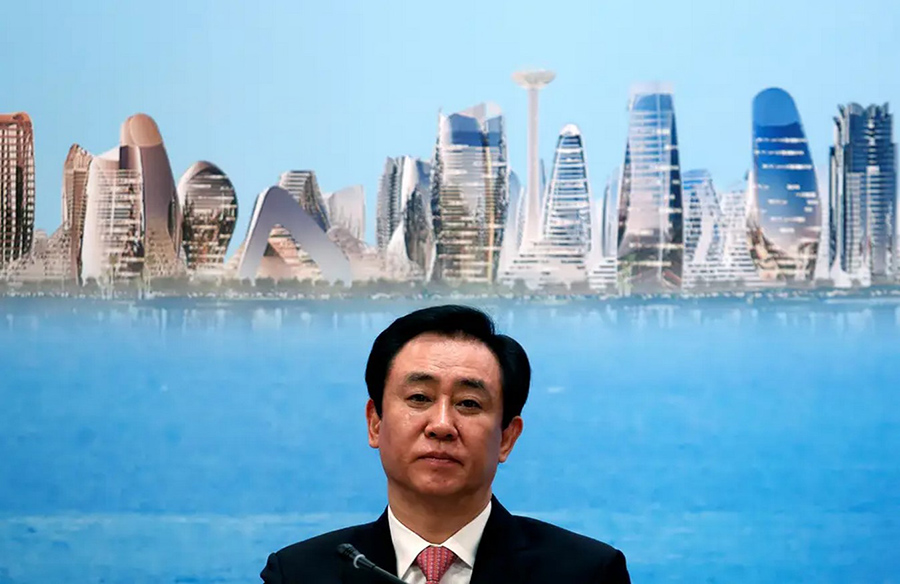
Amidst its ongoing descent, Chinese real-estate behemoth Evergrande finds itself embroiled in yet another controversy, this time facing accusations of fraud that could rank among the largest financial scandals in history.
A Series of Setbacks
Once hailed as China’s largest property developer, Evergrande now grapples with liquidation following years of crippling debt. Now, the company faces a new challenge: allegations of fraudulent activities.
Accusations of Fraud
The China Securities Regulatory Commission (CSRC) has leveled damning accusations against Hengda Real Estate, Evergrande’s flagship unit, and its founder Hui Ka Yan, alleging the inflation of revenue by a staggering 564 billion Chinese yuan, equivalent to $78 billion, in 2019 and 2020. The CSRC asserts that Evergrande also issued bonds based on these falsified financial results.
Unprecedented Scale
The magnitude of the alleged fraud is unprecedented, dwarfing notorious cases like Luckin Coffee’s $300 million revenue inflation in 2020 and Enron’s $600 million profit manipulation in 2001. The severity of the allegations underscores the gravity of Evergrande’s financial mismanagement.
Penalties and Consequences
Hui Ka Yan bears the brunt of the CSRC’s wrath, facing a 47 million yuan fine for orchestrating the financial misconduct and a lifetime ban from the securities market. Hengda Real Estate, too, faces significant penalties, with a 4.2 billion yuan fine imposed by the regulatory authority. Former executives of the company have also been fined and banned from the market.
Ramifications and Speculation
The crackdown on Evergrande serves as a cautionary tale for other developers, signaling the repercussions of non-compliance with regulatory authorities. Analysts speculate that while the fines may not impact Evergrande’s liquidation process significantly, they underscore the Chinese government’s resolve to address systemic risks within the property sector.
Lingering Concerns
The specter of Evergrande’s collapse looms large over the global economy, with fears of contagion rippling through financial markets. The halt in trading of Evergrande shares on the Hong Kong Stock Exchange since January 29 further underscores the severity of the crisis and its far-reaching implications.
In conclusion, Evergrande’s alleged fraud marks a critical juncture in the company’s tumultuous journey, highlighting the urgent need for regulatory reform and corporate accountability within China’s real estate industry.




Leave a Reply